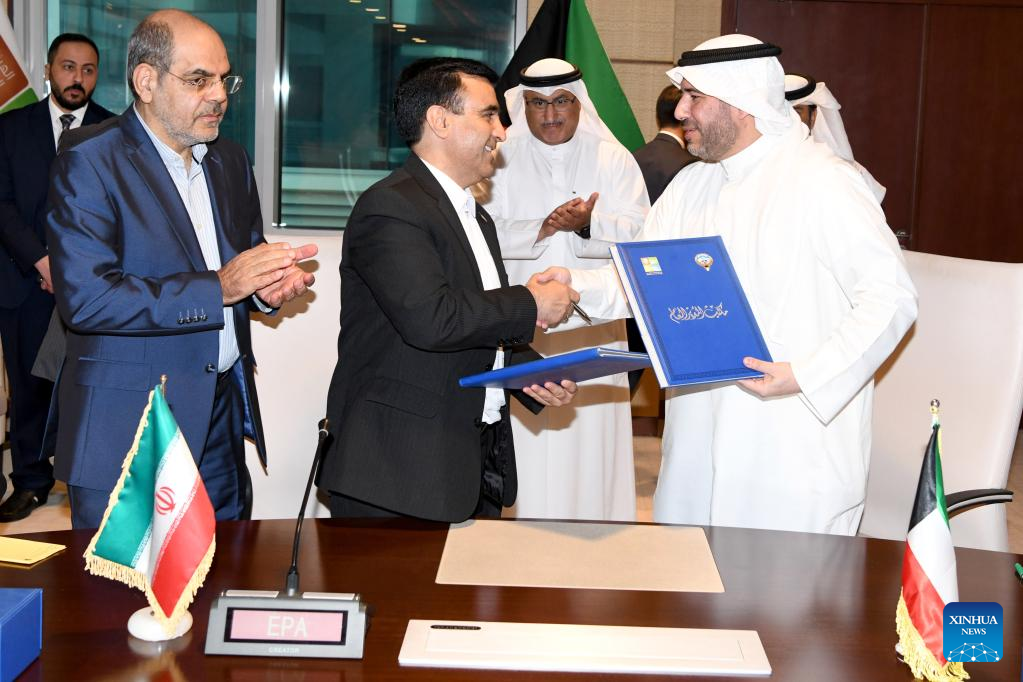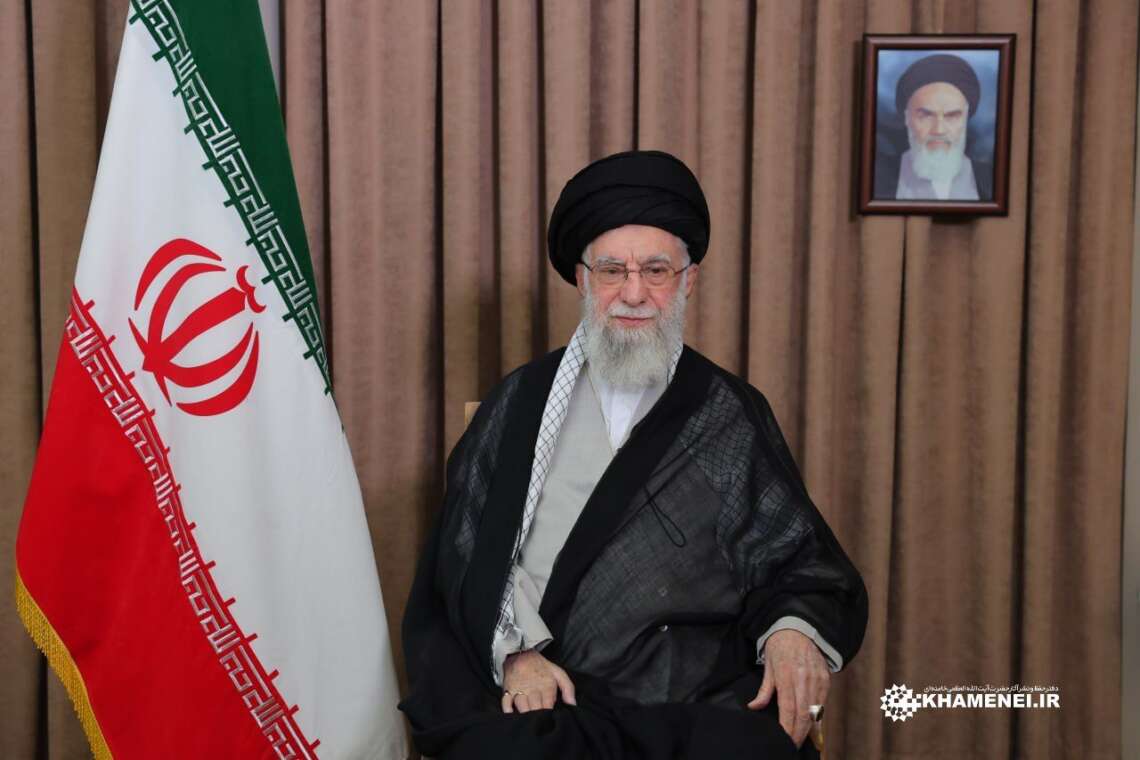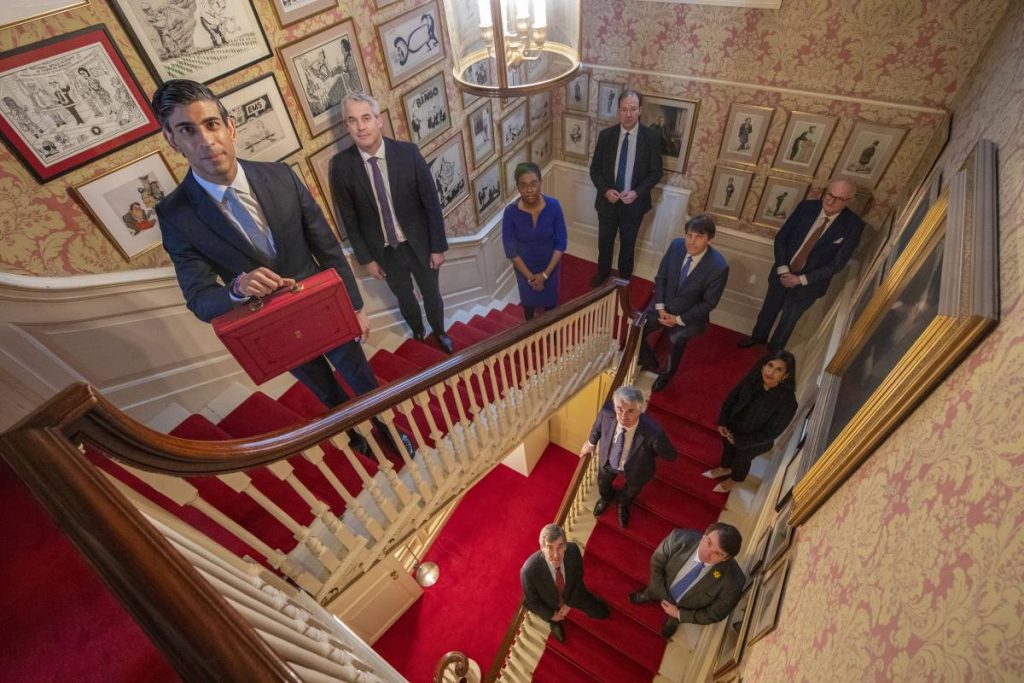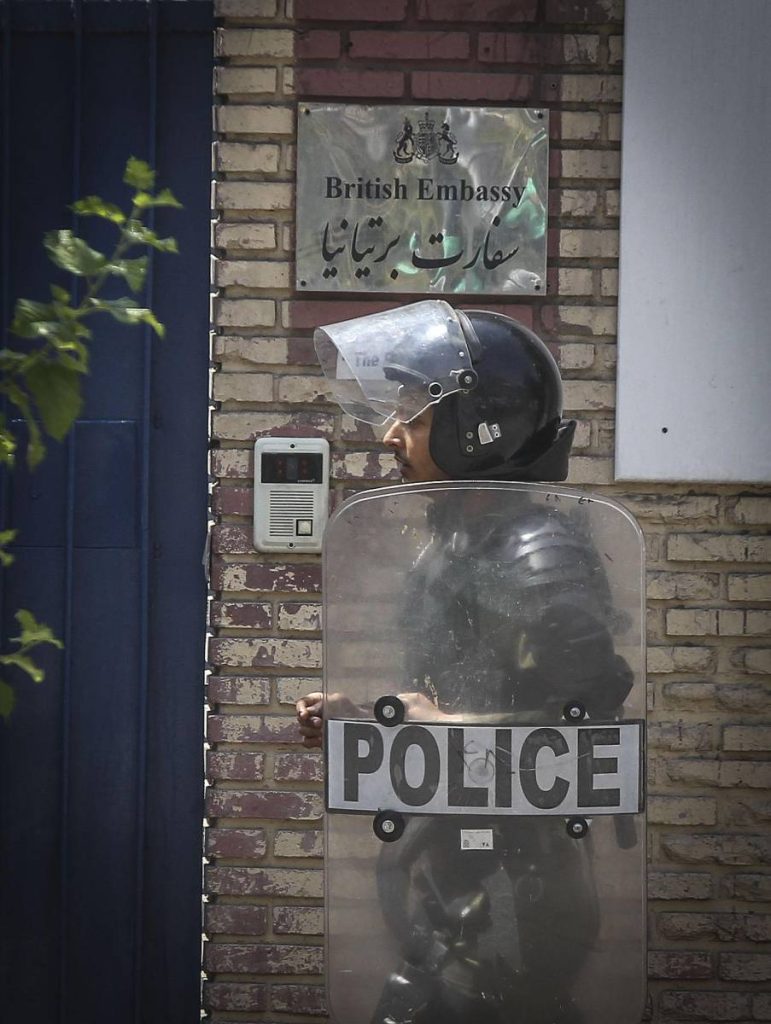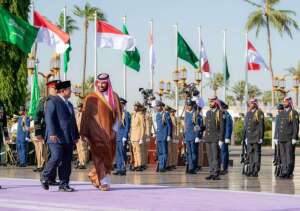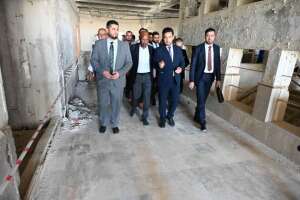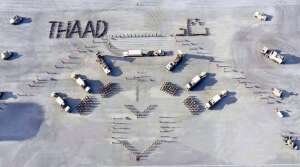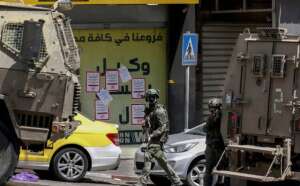Kuwait and Iran signed a memorandum of understanding here on Tuesday to tackle sand and dust storms, a natural hazard in the region that has increasingly been fueled by climate change…reports Asian Lite News
In a statement issued after the signing ceremony, Director General of Kuwait’s Environment Public Authority Sheikh Abdullah Al-Humoud Al-Sabah said the agency is working extensively with countries in the region to exchange knowledge, experiences, and best practices, and “seeks to cooperate with all government agencies to increase green belts to reduce the effects of these dust storms.”
He indicated that the reducing flow of the Tigris and Euphrates Rivers has negatively affected Kuwait’s environment and the water level of upper stream dams in northern Turkey needs to be reduced.
For his part, Ali Salajegheh, visiting Iranian vice-president and head of the Department of Environment, said the focus of the agreement is to jointly identify areas where the storms emerge and pose negative impacts on people and the country.
“Iran has completed an extensive research program and regional maps showing the source of these storms. We are prepared to share them with the Kuwaiti side to combat this phenomenon,” he noted.
Speaking of a regional forum Iran will host on Tuesday on desertification and dust storms, Salajegheh stressed Iran’s full readiness to present its achievements and projects to support environmental cooperation.
Iran’s Red Sea Presence
Israeli Defense Minister Benny Gantz said on Tuesday that Iran’s military has been entrenching itself in the Red Sea, posing a “direct threat” to regional peace and global trade.
Speaking at a conference in the Greek capital of Athens, Gantz presented satellite images of four Iranian warships patrolling in the Red Sea in recent months, said a statement issued by Gantz’s office.
“We can confirm that Iran is methodically basing itself in the Red Sea, with warships patrolling the southern region,” the minister said, adding that the activity monitored over the past months has been the most significant Iranian military presence in the area in the past decade.
ALSO READ:UAE Armed Forces chief meets with Turkish top-brass
“It is a direct threat to international trade, energy supply, and the global economy,” he said. “It is also a direct threat to peace and stability in the maritime arena, which may affect the Mediterranean and beyond,” he said.
Israel and several Gulf countries share concerns over Iran’s activities in the Middle East, including its nuclear program, which Israel says aims at building nuclear weapons though Iran maintains that it is peaceful.
The Israeli defense chief’s remarks came ahead of U.S. President Joe Biden’s trip to Israel and Saudi Arabia in mid-July. Israel hopes the White House will help to warm up its ties with Saudi Arabia in a bid to front of possible Iranian attacks.

